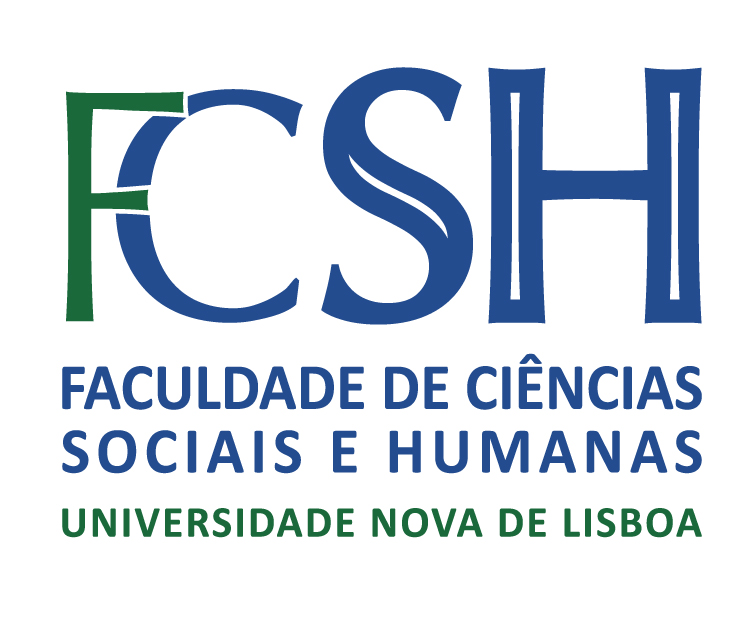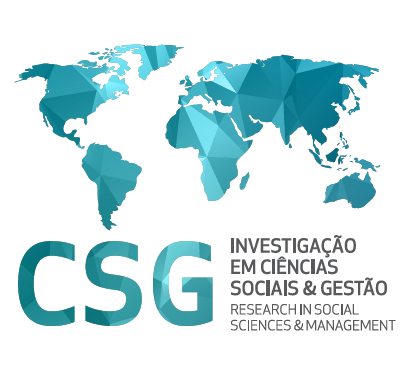GHES – Social and Economic History Research Unit (ISEG, Universidade de Lisboa) and NOVA FCSH (Universidade Nova de Lisboa) are organizing the International Conference «Governance, Regulation and Economic Integration» that will take place on May 8-9, 2019, at ISEG – Lisbon School of Economics and Management, Universidade de Lisboa.
The call for papers is open until September 14, 2018.
In any society and in any historical age, economic activities have been conditioned by the legal framework and by constraints of various kinds (first and foremost cultural ones). In a broad sense, some form of regulation of economic activities has always existed; thus, different conceptions and regulatory practices have followed each other in time or have been contemporaries in different societies with their own political-legal orders.
In a narrow sense, the regulation of economic activities is a recent framework (in historical terms) oriented towards a modern market economy integrated in multinational spaces and in need of rules. The previous endemic disorder in some economic spaces and discretionary forms of political interventionism in others have supposedly been replaced by a new paradigm of freedom regulated by specialized agencies in harmony with a limited, but vigilant, political power.
From both perspectives (the broad and the narrow), one can analyze the impact of the European Union’s single market, the World Trade Organization on the economies and regulatory practices of various states after a quarter of a century, framing several different states in these two integrated economic spaces: one on a European scale and the other on a world scale. What has changed since then in the economies and regulatory practices of these countries? How was the integration and convergence of national rules made and how successful has the adoption of common rules been? How have economic activities been affected in this process?
Although the European single market is celebrating its 25th anniversary in 2018, its aims had already been included in the Treaty of Rome. However, it is still not complete and there are improvements to be made to national tax systems, e-commerce, the liberalization of services, the recognition of professional qualifications, and financial services. Today, also on the agenda are the Digital Single Market for Europe and the free movement of data (the fifth freedom).
The World Trade Organization is also a framing space under construction. Successor to the General Agreement on Trade and Tariffs, it has officially existed since 1 January 1995 (established by the Marrakesh Agreement of 15 April 1994). The Member States of the European Union are represented in it both directly and through the Union. On 7 December 2013, the first truly comprehensive trade agreement in its history was reached and, some three years later, on 23 January 2017, a revision of the rules on intellectual property was completed. These developments are and will continue to be conditioned by greater or lesser political support for the design of an integrated world economy subject to minimally harmonized rules.
Submissions:
Bearing all of the above in mind, the Conference welcomes proposals that deal with, but are not limited to:
- theoretical debates on regulation and international economic integration;
- adoption by States of agreements and directives as well as their effective implementation by transposition into the legal order and judicial application in each country;
- opening of the internal borders of the European Union and its implications, in particular for institutions and regulated professions;
- impact on national companies, consumers and economies;
- overthrow of technical, legal and bureaucratic barriers to free trade and the free movement of goods and services;
- past and present obstacles.
The reflection proposed in this international conference is intended to be made on a necessarily interdisciplinary basis by intersecting Law, Economics and Economic History. Individual and/or comparative case studies on States, public and private entities, professions, regulatory practices, economic law and jurisprudence are welcome.
Proposals should include the title, a summary (up to 300 words), three keywords and a biographical note (including institutional affiliation, academic degree and the five most relevant publications) and be sent in a single document in Word format to the email contacts: luisaguiarsantos@yahoo.com and alice.cunha@fcsh.unl.pt
Participation in the conference presupposes the commitment to send an original paper in order to allow its discussion. The working language is English.
After the conference and a blind peer-review process, selected papers are expected to be published in an international publication. The registration is free.
Important dates:
Submissions deadline: 14 September 2018
Notification of submission decision: 5 October 2018
Paper submission deadline: 29 March 2019
| Scientific Committee
Alice Cunha (IHC-NOVA FCSH) Alfredo Marques (FEUC) Eduardo Paz Ferreira (FDUL) João Amador (NOVA SBE) João Confraria (Católica LBE) José Maria Brandão de Brito (BERD) Maria Eugénia Mata (NOVA SBE) Nuno Cunha Rodrigues (FDUL) Nuno Valério (GHES/ISEG/UL) |
Organization
Alice Cunha (IHC-NOVA FCSH) Luís Aguiar Santos (GHES/ISEG-UL)
|




